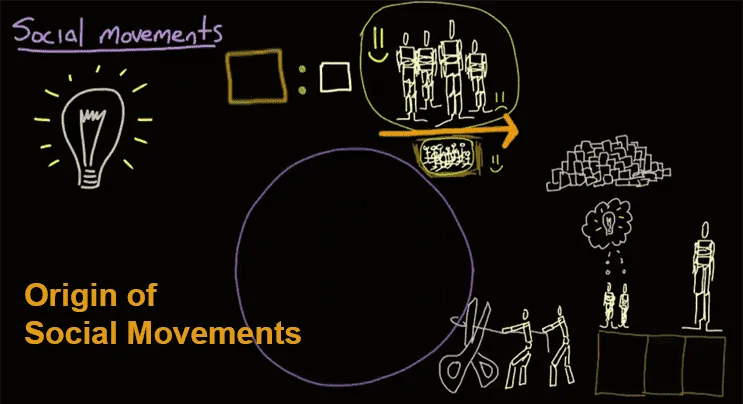What is the concept of Auspiciousness and Purity in Kashmiri Hindu Society according to T.N Madan?
T. N. Madan analyzed the concepts of auspiciousness and purity in kashmiri society. The concept of subha refers to the time when an event will be performed. A particular time auspicious for one kind of action may not be considered auspicious for another kind of action. Subha is also used for special occasions or festivals. The world is used for particulars month or day or for ceremonies like marriage, birth, etc. Also it is used for a particular place or direction. It is considered subha to take a dip in holy rivers like Ganga. Some grahas are considered subha like brahaspati, chandrama and sukra whereas budha is a neutral graha.
The time when a child is born is also considered subh or asubh depending upon the position of graham at the time of birth. In case of asubh graham, various rituals are performed to correct the asubhness of a graha. On the other hand, death is considered as an inauspicious occasion, but again depending upon the graha, if the death of a person has occurred in the subh days, then the degree of in-auspiciousness is comparatively less.
Widowhood is considered as an unfortunate event for the Brahmin women. She is not allowed to take part in the auspicious ceremonies like birth or marriage. Thus we conclude by saying that auspiciousness and in-auspiciousness of an event totally depends upon the time and space of the event and the people involved in it.
T. N. Madan analyzed that an event called as Yajnopavita is considered sacred in which the boy wears a cotton neck cord. Milk mis considered as a pure drink by the Brahmins of Uttar Pradesh and Kashmir. Madan concludes by writing that the intensity of auspiciousness and in-auspiciousness vary from people to people and from place to place and from tune to time, but it holds a lot of importance in the life of people, especially those belonging to upper caste community.




